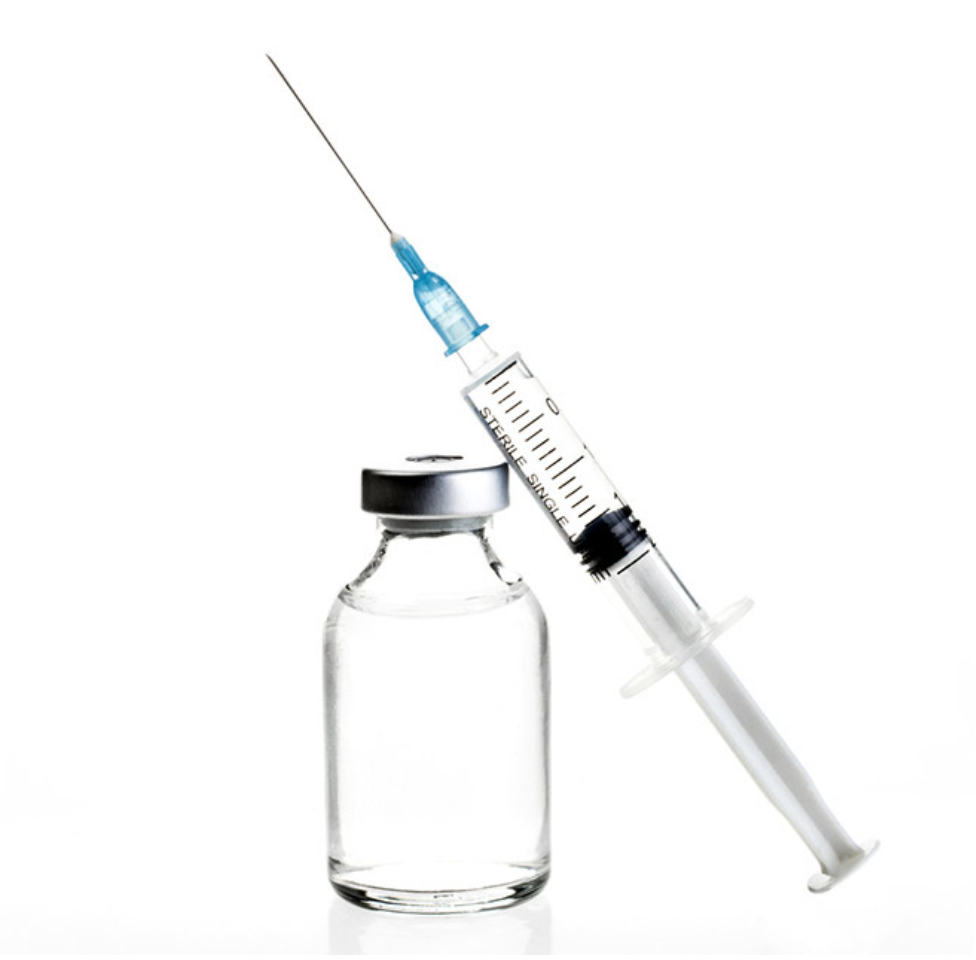Anxiety, Immunization History Connected to COVID-19 Vaccine Hesitancy – Pharmacy Times

People with anxiety and related disorders were found to have vaccine hesitancy related to concerns regarding adverse effects and efficacy.
A recent analysis published in the Journal of Anxiety Disorders suggests that vaccine hesitancy is not affected by having an anxiety disorder and that the strongest predictors of hesitancy were influenza vaccine history, conspiracy beliefs, individualism, and trust.
In the past few years of the COVID-19 pandemic, social distancing, mask-wearing, and hand hygiene have shown some efficacy in inhibiting the spread of COVID-19. However, these pandemic measures caused people with anxiety disorders to develop more anxiety, whereas those who do not have a history of anxiety to develop new fears.
For example, fear of vaccine-related outcomes and going outside and contracting COVID-19 in “pre-pandemic” situations have become challenges for this population. Among the key objectives of the study, the investigators sought to determine whether psychological factors associated with anxiety and factors associated with vaccine hesitancy are able to predict COVID-19 vaccine hesitancy.
“It was notable that the three biggest predictors of vaccine hesitancy, which were greater individualistic worldview, greater belief in conspiracy theories, and trust, had little to do with vaccines specifically. It would seem that people who are high in individualism may refuse vaccination on principle rather than concerns about the vaccine alone,” the study authors wrote.
The participants were recruited through the Anxiety Studies database at the University of Waterloo, which is created from community members 18 years of age and older, both with and without anxiety disorders. Participants are contacted over the phone and completed the Mini-International Neuropsychiatric Interview screening questions.
In total, 219 participants responded to invitations to be part of the study. After exclusions, the final sample included 52 individuals in the control group with an average age of 30.72 years, of whom 77% were female. The clinical group included 96 participants with an average age of 37.21 years, of whom 71.2% were female.
The research team used a multitude of tests to test the participants, including the vaccine hesitancy scale, COVID-19 stress scale, the Cultural Cognition Worldview Scale individualism-Communitarianism subscale, the Conspiracist Beliefs Scale-Generic, the Hong’s Psychological Reactance Scale, the Intolerance of Uncertainty Scale Short Form, the Trust Scale, and the Disgust Propensity and Sensitivity Scale.
The study found that the vaccine hesitancy scale scores did not differ significantly across the anxious and non-anxious groups, with both cohorts showing no significant differences in intention to receive COVID-19 vaccination or influenza vaccination. Further, there were no significant differences across groups in the frequency in which vaccine hesitancy themes were endorsed or in reasons that participants were motivated to get the vaccine.
The results provide preliminary evidence that people with anxiety and related disorders do not have higher levels of hesitancy and have similar intentions to get vaccinated. The primary reasons for vaccine hesitancy among both groups were related to concerns regarding adverse effects and efficacy, whereas the main reasons to get vaccinated were to protect others and self, according to the study.
The investigators noted that future research should examine whether stress, intolerance of uncertainty, and disgust sensitivity motivate one subset of the population to get vaccinated while being associated with hesitancy in another subset. Additionally, determining which aspect of the COVID-19 vaccine distribution process raised concerns about values of individualism being violated.
REFERENCE
McNeil A, Purdon C. Anxiety disorders, COVID-19 fear, and vaccine hesitancy. June 26, 2022. Accessed October 24, 2022. ScienceDirect. https://doi.org/10.1016/j.janxdis.2022.102598
This article has been archived for your research. Find the original article here.


